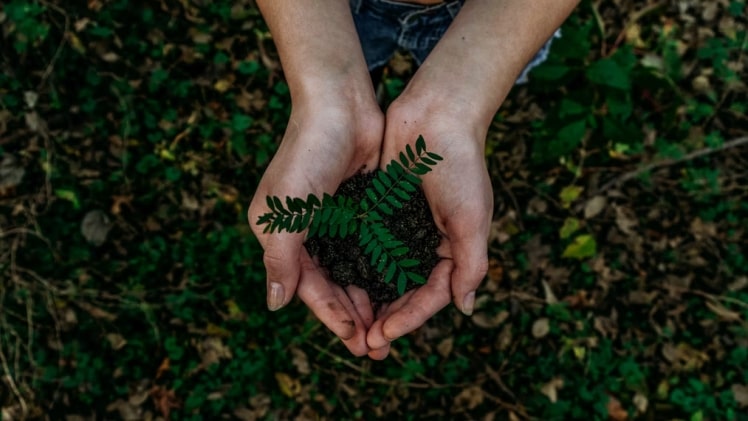Being more environmentally conscious isn’t just about using fewer plastic bags; it lies in our choices every day that determine our survival as a species. Whether it’s reducing pollution or the conservation of natural resources, any action we take that can slow down climate change can make us more eco-friendly.
Everyone can make a difference, especially when the smart choices one makes become habits that end up encouraging others to do the same. And because doing what’s suitable for the safety and protection of the environment affects us all and yields immediate personal benefits, there’s no reason not to do it. So, with that said, here are a few ways to minimize the carbon footprint you produce.
1. Start recycling
As its name suggests, recycling refers to cleaning and sorting out unused materials to be reused. Apart from helping conserve our natural resources, the practice also saves energy and minimizes the pollution we generate. It can be as simple as repurposing an old piece of furniture to something more complicated like the production of secondary materials from scrap metal by aluminum can recycling KC facilities.
If that isn’t enough, learning to recycle can also keep your costs down. After all, reusing and repurposing specific items will keep you from spending on a brand new product. While this may not sound like a big deal, you’ll be surprised at how useful it can be when the money is tight.
2. Opt for energy-efficiency
These days, more and more people are adopting energy-efficient practices and technologies, and it’s not hard to see why. When you get right down to it, not only does it help lower their carbon footprints, but also their monthly expenditure. For these reasons, it’s a good idea to do the same. For starters, you can replace your home appliances and lighting system with their more efficient counterparts.
Opting for renewable energy like solar power can also drive down your expenses on utilities considerably, allowing you to save more money in the process. Lastly, make it a habit to unplug any devices and appliances when not in use. Beyond increasing their lifespan, it can also save energy.
3. Keep the lights closed when not needed
Even without an LED lighting system, keeping a regular light bulb on for an hour doesn’t cost much. However, these can all add up quickly. Therefore, keeping them off when you don’t need them makes sense. It may sound like a simple solution—and in reality, it is. However, you’ll be surprised at how many fail to adhere to this simple practice. So make sure you do, as it will lead to lower energy use and more cost savings.
Conclusion
Environmental issues like climate change are a very real thing, and we can longer afford to neglect or ignore them. Fortunately, the things we do now—no matter how small—can make a big difference. And the practices listed above should help you get started on your journey to being more environmentally friendly.

